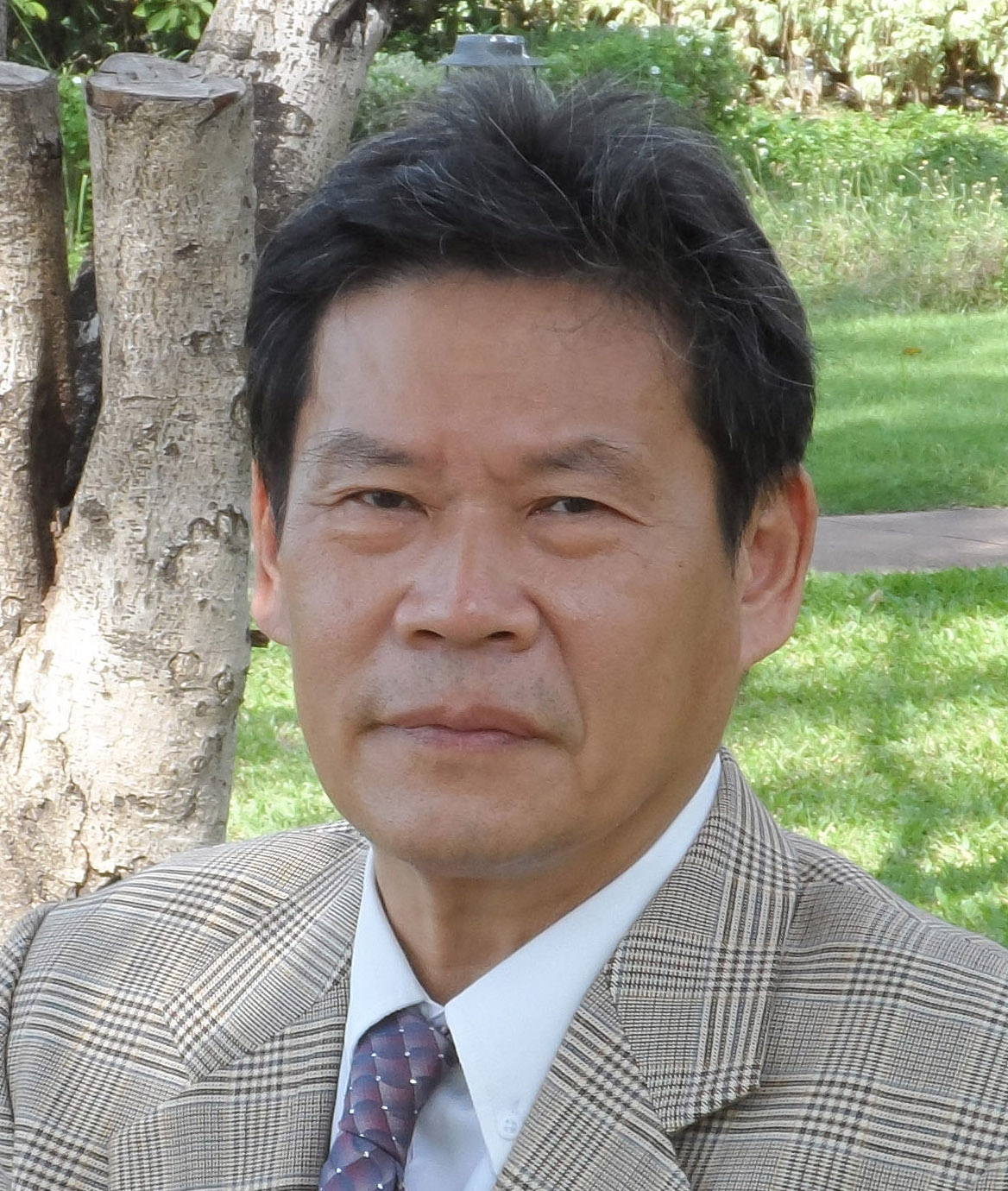The best place to stay with family - With plenty of outdoor and indoor space, you've found the perfect place to blance your busy life.
- Surasak SIRIPOONYOTHAI
- Contractors
- Involving Residents
- Volunteer Coordinator

Creator www.Myhome-DIY.com
Welcome to Myhome-DIY Strategy !
Consumer Myhome-DIY provides a range of clear, independent and up-to-date information on Myhome-DIY Improvement, renovating and maintaining
It guides you through your responsibilities under the Building Act and other relevant legislation, helps you locate and work with builders, subcontractors and building professionals such as architects and engineers, and gives good practical advice about what you can and can’t do yourself.
Building community capacity
In addition to individual benefits, resident involvement can also have positive results for the wider community. Community capacity? essentially refers to the skills and abilities a community possesses .
These can be augmented simply by those individuals who have acquired skills, jobs or responsible positions acting as role models to others. A more direct impact on community capacity may involve active residents undertaking (formal or informal) community development work.
Improved service from and relationship with contractors
With housing associations often looking to contract out elements of their work, particularly maintenance, the relationships with contractors and private sector partners becomes more important.
Residents are at the interface of this relationship and it is therefore common sense for landlords to involve them in drawing up contracts, in contractor selection, in training and in subsequent monitoring of performance.
As service users, residents can play a central role in monitoring contractors and feeding back this intelligence to the housing association.
This is clearly dependent on a strong relationship between residents and landlords but where it works, residents can be the ?eyes and the ears? of the housing association on the ground.
Service Improvement
For some landlords, the reason for involving tenants or residents is to improve either the service or the design or maintenance of the stock. Landlords will be concerned with residents as customers.
They may believe that housing is like any other public or private service and that residents should not need to spend time improving it: that should be the job of the provider.
In short, the focus will be on understanding the needs and wants of the consumer and improving the service in line with these, not necessarily encouraging residents to be involved with the strategic direction of the landlord, or with enhancing social capital.
Proponents of this approach may be sceptical of other motivations, arguing that those landlords that seek to involve residents in decision-making structures can become too focused on the needs and interests of the few ?representatives?, thus neglecting the views of the majority tenant body.
At a more practical level, some commentators may also question the ability of some residents to contribute to particular governance tasks, such as financial and risk management.
Involving residents in the running of housing organisations can yield considerable benefits, both for landlords and for the residents themselves.
Understanding the potential benefits helps landlords to decide what approach to adopt and can help them to demonstrate the point of such activities ? to staff and to residents.
And providing residents with a menu of options allows them to engage in the way that suits them best.
Residents can help to improve contractors? performance
At Housing Association residents were involved in setting standards for the contractors employed to install new kitchens and gas mains, and in drawing up their ?code of conduct?. A pilot run was carried out in the house of one resident representative.
This allowed other tenants to view the layout of the new kitchen and the tenant concerned commented on the conduct of the contractors as the work was being done.
Adjustments were made to improve both the process and outcomes for the rest of the residents.
Volunteer Coordinator
It is highly recommended for a club to appoint a Volunteer Coordinator. He/she has the responsibility of planning a volunteer program and introducing volunteers to their jobs and to other members.
He/she is the contact person to whom the volunteers can turn for assistance, for liaison and for feedback.
The list of responsibilities also includes assessing the human resources needs for the club, ensuring that the right person is found for a particular job and smoothing out any mismatches that may occur.
In addition the Volunteer Coordinator sees that all volunteers are recognised and rewarded for their contributions to the club.